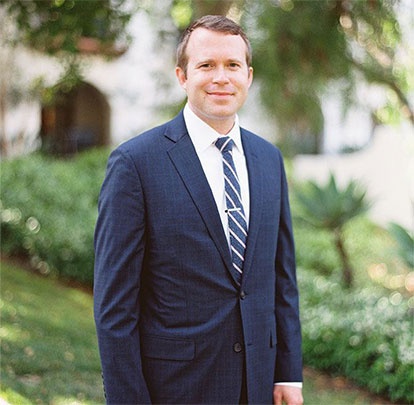What Is a Prosthodontist?
A prosthodontist is a dentist who completed dental school and then received three additional years of advanced education and training in a residency program accredited by the American Dental Association (ADA). Prosthodontists specialize in diagnosing complex dental problems related to missing or damaged teeth. They design treatment plans for unique and complicated cases with the goal of achieving optimum function, oral health, and the highest aesthetic quality possible.
What Does a Prosthodontist Treat?
Prosthodontists are highly trained in cosmetic dental restorative treatments, including fillings, crowns, bridges, dentures, implant restoration, and full mouth reconstruction. They also treat temporomandibular disorders (TMJ/TMD) and bruxism (teeth grinding) through reconstructive dentistry or restorative dentistry. Many dentists can treat some of these problems. However, prosthodontists are the experts when it comes to these issues, particularly those more intricate or challenging cases.
Who Needs Prosthodontics?
In prosthodontics, the goals of tooth replacement and restoration are both functional and aesthetic. In addition to replacing missing teeth and restoring irregular or damaged teeth, such as by utilizing a dental prosthesis, prosthodontists also attend to the special needs of geriatric patients, care for children born with cleft palate or missing teeth, and provide TMJ treatments. Prosthodontists receive three additional years of formal, intense training beyond regular dental school to care for a wide range of dental needs, from children born with genetic facial defects to patients who require rehabilitation after a traumatic injury.











